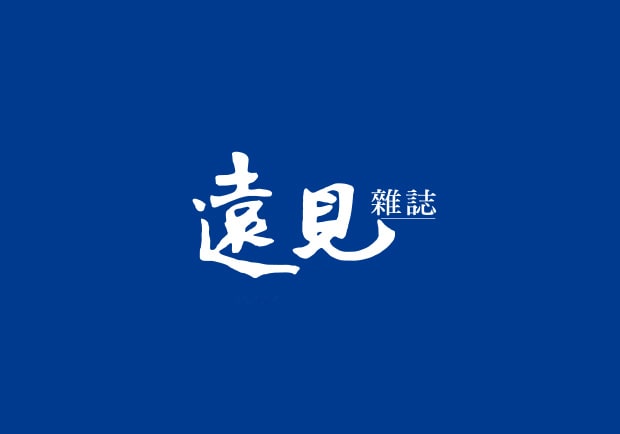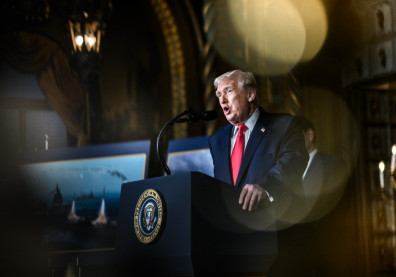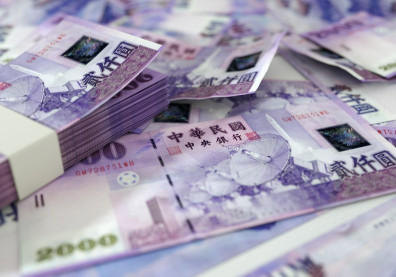In the past two years, companies have battled to outdo one another in their high-profi le purchases of certifi cates symbolizing “green” electricity produced by wind, solar power, and other carbon-free, climatefriendly means.
The problem is that the buying spree,meant to burnish companies’ green credentials, may end up tarnishing them.
過去這兩年來,許多公司爭相搶購代表「綠色」電力的憑證,所謂的綠色電力,是由風力、太陽能等不會排放二氧化碳、對環境友善的方式產生的電力。問題是,各公司為了博得好名聲而掀起搶購風潮,結果卻可能適得其反。
Consider this: In January 2006, Whole Foods announced the purchase of renewable energy certificates (RECs) representing the production of 458,000 megawatt hours’ (MWh) worth of green electricity but was soon trumped by Wells Fargo, which bought 550,000 worth. Then Pepsi surged ahead last April with an unprecedented 1.1 million MWh REC purchase. The companies trumpeted their purchases with claims that they “offset” or, in effect, neutralized some of their carbon emissions.
I made similar claims when my own company purchased RECs.
先看看以下的事實:2006年1月,天食超市(Whole Foods)宣布買下458,000百萬瓦小時(MWh)綠色電力的「再生能源憑證」(REC, renewable energy certificate),但不久就被富國銀行(Wells Fargo)超越。富國銀行購買550,000MWh綠色電力的再生能源憑證。到今年4月間,百事可樂更出手買下破紀錄的1,100,000 MWh再生能源憑證,把其他公司都比了下去。這些公司在宣布購買計畫時,都敲鑼打鼓宣稱他們「抵銷」或「中和」了自己產生的部分碳排放。筆者自己的公司購買再生能源憑證時,也對外提出類似的說法。
Anytime there’s a feeding frenzy, you have to ask, What’s so tasty? Why are businesses falling over one another to buy these pieces of paper?
Printed by producers of energy each time they generate clean electricity – and then sold to hungry buyers – the certificates merely symbolize green energy.
每當大家一窩蜂搶進時,你就應該問:到底它有什麼吸引人之處?為何各大公司爭先恐後地搶購這些憑證?生產「乾淨」電力的能源商,每次發電時就會印製這些憑證,然後賣給渴望購買的公司,每張憑證僅是象徵性地代表綠色能源。
Most businesses will say they’re buying RECs because they care about the environment and climate change. Fair enough. But for many, buying RECs is a relatively inexpensive way to make a powerful brand-positioning statement. In one stroke, a business can don the environmental mantle,seemingly legitimately and at an affordable price, without having to directly and expensively do anything to reduce carbon emissions. Certainly,corporate reputations have been enhanced by large REC purchases.
大多數公司都會說,他們購買這些憑證,是因為他們關心環境及氣候變遷。這麼說算是合理。但對許多公司來說,購買這些憑證還可以作出強而有力的品牌定位宣言,而花費並不多。一家公司只要拿一筆不算太高的錢出來,就可以塑造環保的形象,而不必花大錢設法降低自家公司的碳排放。大手筆購買再生能源憑證,可以大幅提升公司的形象。
The danger in buying RECs is that the mainstream press has begun to challenge claims about their environmental value. Articles have appeared in publications including BusinessWeek and the Financial Times pointing out that most RECs don’t actually offset emissions, and the skepticism is spreading across the Internet. Indeed, most RECs don’t result in the creation of clean electricity,which would have been generated anyway,
whether or not an REC was printed. As consumers become increasingly savvy about evaluating companies’ environmental claims, businesses that tout REC purchases may expose themselves to charges of greenwashing.
然而,購買再生能源憑證也會有問題,主流媒體已經開始質疑,這種做法是否真的有環保價值。美國《商業週刊》(BusinessWeek)及英國《金融時報》(Financial Times)都有報導指出,絕大多數的再生能源憑證都無法實際抵銷碳排放,網路上的質疑聲浪更是與日俱增。大多數再生能源憑證的確無法創造出乾淨電力,因為無論能源商是否印製憑證,都會生產這些電力。現在消費者愈來愈懂得分析、判斷公司的環保宣傳,如果只是花錢買下再生能源憑證,而且吹噓不已,可能會換來假環保(greenwashing)之譏。
延伸閱讀:Greenwash 假環保
這個單字是green(綠色)和whitewash(粉飾)的合併詞,用以形容公司、企業或者其他機構倡導正面的環保措施,但實際做的卻是另一回事。
例如,廠商賣的明明是有害的化學藥劑,卻在瓶身印製森林的圖案,企圖遮人耳目。這個名詞最早出現於九○年代初期。當某個單位花在廣告他們有多麼環保的時間或金錢,多過他們實際投入環保的資源時,就會被冠上這個名詞。環保人士最常用「假環保」一詞來形容能源公司,因為他們往往是最大的污染源。
本文談到一些企業大手筆購買再生能源憑證,藉以提升公司形象。由於消費者對氣候變化問題越來越關注,各大公司莫不將環保策略當成一種行銷手法,有機會就將自己「漂綠」一番。
可是,《京都議定書》(Kyoto Protocol)即將於2012年到期,世界各國正在加快催生因應氣候變化的國際條約。未來幾年內美國有可能針對氣候變化問題制定聯邦法律,對溫室氣體排放課稅,以及設定溫室氣體排放量的上限。為免更嚴苛的法規造成能源成本上升可能會影響供應鏈中的各類公司,因此一些公司現正採取措施以降低上游成本。
10月初以來,先是零售龍頭沃爾瑪(Wal-Mart Stores)公布計劃,要求其供應商提供他們在提高能源使用效率方面的數據。兩周後,包括寶僑(Procter & Gamble)、聯合利華(Unilever)、特易購(Tesco)、雀巢(Nestle)、帝國菸草(Imperial Tobacco Group)和吉百利食品 (Cadbury Schweppes)等的至少六家跨國消費品企業,也聯合起來向自己的供應商施加壓力,要求他們公布碳排放相關數據和旨在緩解氣候變化影響的策略。
影響所及,從T恤、可可豆、DVD、牙膏、肥皂、牛奶、啤酒、吸塵器和軟性飲料到刮鬍刀等日常用品,都將加入碳排放減量的行列。消費者將來買到標示碳排放量的商品時,就比較能夠相信企業是真正做到環保,而不是「假環保」。















